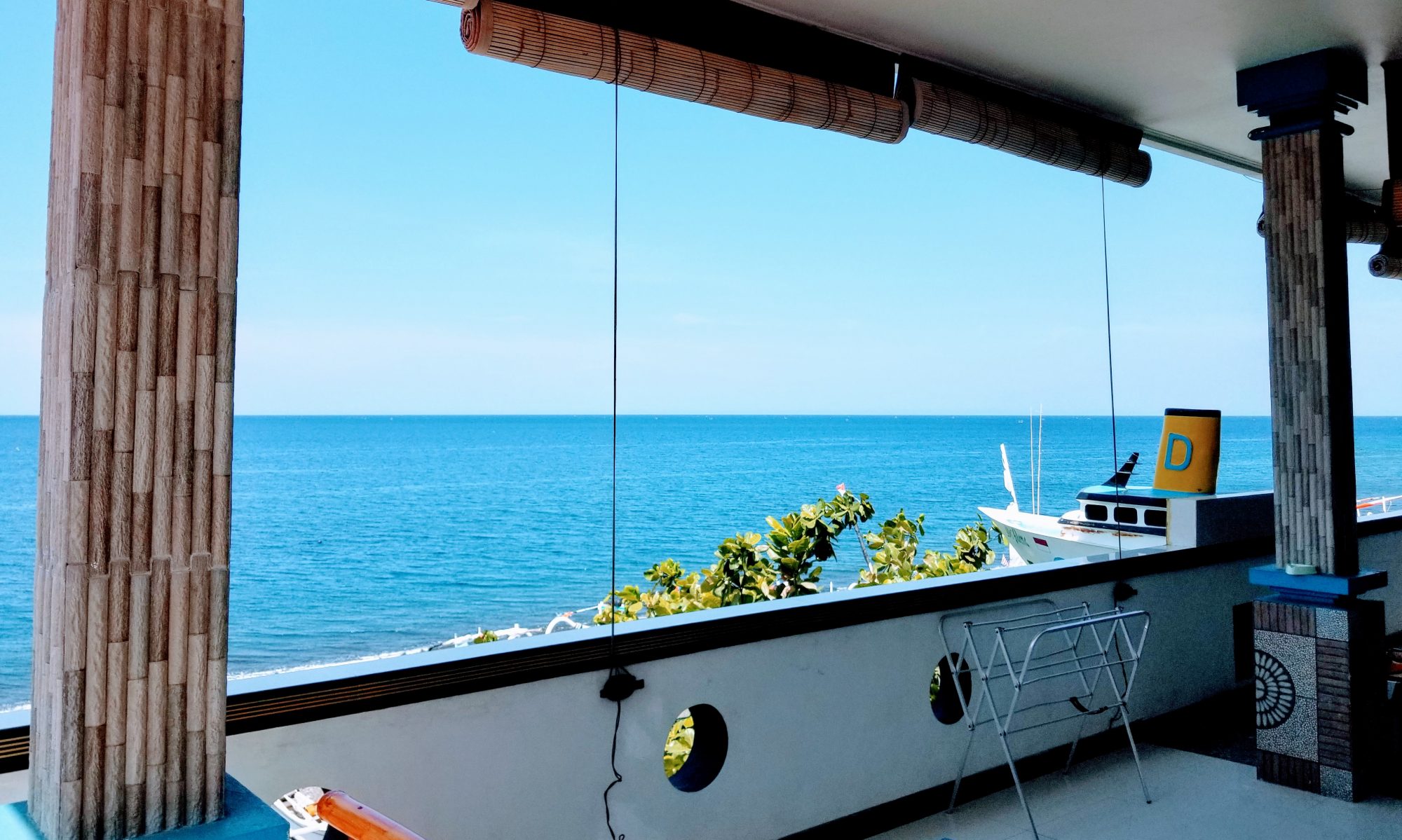Helping Village Farmers in Bali — Poultry Farming
Kampung chickens that are mostly raised by every household in Balinese villages have the potential to increase income and generate employment, as well as contributing to the national supply of meat and eggs. The constraint is that their low productivity needs to be improved through the implementation of appropriate technology and development programs that are economically profitable, socially acceptable and environmentally sound.
The cost to start a Poultry Farm in the US is about $8k. The biggest costs are chicken feed ($4666.46), chicken tractors & fencing ($2000), and processing: $1962. In Bali, that cost is a lot less. Chickens are free-range and food can be subsidized with locally sourced scraps. Chicken tractors and fencing can be created with locally sourced (free) bamboo – and processing can be done by the farmers themselves.
Choice of Bird: Rhode Island Reds
Based on FAO’s Analysis of Traditional Balinese Kampung Chicken, there is a good argument for using a Western ‘Broiler’ chicken. In comparison to the biological performance of a Broiler or Rhode Island Red chicken, kampung chickens are genetically capable of producing about half as many eggs and even less meat. Using the traditional Balinese system, mortality could be up to 100 percent, with poor growth rate. Age at first lay might be six to seven months with the production of about 40 eggs per year. The hens are usually culled after two or three years.
Rhode Island Reds are a heritage breed which has great health, can lay 200+ eggs per year and are a great size. (Males: 8.7 lbs / Females: 6.5 lbs).
In the USA, Rhode Island Reds cost less than $3 for a pullet. In Bali, the cost of Kampung chickens seems to be closer to $13. By switching to the more prolific bird, overall production costs can be lowered.
Feed
The ideal chicken feed is clean surplus vegetables from markets – bruised, cut or otherwise unattractive vegetables – along with cuttings and peelings from restaurant kitchens and grains like corn and soy. In Bali, Village farmers should start to source this free local source of food for their poultry. Villagers can help to start a restaurant composting initiative (simple covered organic waste bins) designed in a way that fishermen and employees can easily carry compost by hand back to the village.
Pens & Chicken Tractors
